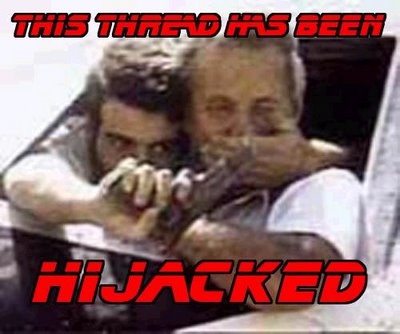It has been quite some time since i watched my last video segment of International Master Andrew Martin's "Basics of Winning Chess" DVD,

but i finally got around to it again.
This time, Andrew Martin deals with the subject of how to choose a move. He starts out by refering back to an earlier advice he handed out, about improving the position of your worst placed piece in case you really (with the emphasis on "really") don't know what to do. I can tell you from personal experience that it is very good advice. Improving the position of my worst placed piece in situations where i really did not know what to do, has taken me out of a number of jams.
But let's get back to the subject Andrew Martin is dealing with in this segment.
How do you choose a move? What sort of thing's should you be thinking about?
Andrew Martin starts of by bringing to your attention a book

(Andrew Martin does not mention the title but my best guess says it's
this one)
by C.J.S. Purdy (by which he was impressed himself after having read it) where he recommended asking yourself questions during a game in order to try and organize your thinking (probably old news, but still...). And by doing so, to eventually come around to choosing the right move in any given position. Briefly stated, his series of questions went as follows:
The first question you should ask yourself is a very simple one; Is there an obvious move?
That basicly means that if there is a forced move, just play it. Don't think too long, if it's absolutley forced you just simply gotta play that move and get on with the game. If there's no forced move you gotta ask yourself; What are the candidate moves in this position? What are the alternatives?
At that stage you gotta ask yourself; What are the enemy threats?
Then you gotta try and determine if there's no obvious threat, who has the advantage in the position? How great the advantage is, and where the advantage lies.
The main factors to consider when you try and decide who has the advantage according to Purdy are as follows:
The first thing ofcourse, is material balance. Is one side or the other pieces or pawns up?
Secondly, King safety. The guy with the safer king usually has the advantage due to this factor.
Then we're looking at pawn structure. Who has the better pawn structure? Andrew Martin adds in (dismay?) that a lot of players simply ignore their pawns, who don't worry about isolated pawns, doubled pawns, backward pawns as if it does not seem to matter to them. Assuring you that in a game against a good player, it really does matter.
Finally you should be looking at the relative activity of pieces. Usually the guy with the more active pieces again has the better position.
Andrew Martin points out being fascinated by having read another book by grandmaster Dorfman? Called
"The Method in Chess". In which he sets out a similar system. But which was in fact a complete replica of Purdy's ideas, which were devised over 50 years beforehand. Go figure.
Andrew Martin then adds his own two cents by supposing that the final thing you should look for in a position is combination. Do you have a sound or correct combination?
To cut a long story short, Purdy's thought was that by asking yourself these questions, eventually you would arrive at the right move (duh!).
Now, most of the video segment's are accompanied by a examplary game, and so is this one :-)
It's a game between a guy called
Foguelman 
(supposedly an Argentinian Master, no disrespect intended ofcourse) and the legendary
David Bronstein.

The game was played in the Amsterdam Interzonal, 1946. The reason for the choice of game, is that Andrew Martin feels that if Foguelman would have known about Purdy's system, and he asked himself the right questions at the right time in this game, he wouldn't have been facing such a severe defeat.
Anyway, in the game, Foguelman has White and Bronstein has Black (duh!). The opening played, is a "Queen's Gambit Accepted" (this one's for you Blue Devil). Which at the time wasn't very popular according to Andrew Martin, explaining that Bronstein was never a slave to fashion (don't you just hate being one?) and played exactly what he wanted to (he literally played every opening you can think of) and had many original ideas. Adding that there's nothing wrong with the "Queen's Gambit Accepted" as it is nowadays popular in the hands of, for instance, Kasparov or Kramnik (yeah i know, Kasparov is not an active player anymore, but i'm just reciting Andrew Martin's word's) so that says a great deal about the ultimate soundness of this opening. But let's not get into an opening discussion and
go over the game instead, and try to put into place the subject discussed.
P.S. The game comes with quite a bit of explanation, making it difficult to post it any other way then just refering to it, which might seem a bit dry. I would if i could. You would have to purchase the DVD if you're interested in the details of the game. Personally, i would say it (the entire DVD) is well worth the money ;-)
Untill next post!














